Is a Retaining Wall Right for You?
Retaining walls can be a functional and aesthetic addition to your landscape. Whether they're used for controlling erosion, creating a terraced garden space, or adding an element of design elegance, retaining walls have a lot to offer. These versatile structures can address practical concerns while enhancing curb appeal, making them a popular choice for many homeowners. However, deciding whether or not a retaining wall is the best choice for your property requires careful assessment of your needs, terrain, and budget. In this post, we’ll explore the practicality and advantages of installing a retaining wall and help you determine if it’s the right solution for your outdoor space.
1. Understanding the Purpose of Retaining Walls
Primarily, retaining walls are used to hold back soil and prevent erosion in sloped areas. If your property is on an incline, rain and gravity can gradually erode your land, leading to landscape and structural damage over time. Retaining walls create a barrier, maintaining the integrity of your outdoor space. Furthermore, they allow you to make better use of your yard by creating level surfaces for planting, walking, or relaxing. Therefore, if your home is situated on uneven ground, a retaining wall can turn those problematic inclines into usable, aesthetically pleasing areas. Many landscaping companies recommend retaining walls as one of the most effective solutions for slope management.
2. Incorporating Design & Aesthetic Value
A retaining wall doesn’t have to be purely functional; it can also enhance the visual appeal of your landscape. Today’s design options offer a wide variety of materials such as brick, stone, and concrete, which can be arranged to complement the existing architecture of your home. This allows for a personalized touch, adding character and value to your property. With 71% of landscapers, according to Jobber, offering design and construction services, you can easily find professionals who can tailor your retaining wall to your tastes and requirements. Landscaping companies often use retaining walls as focal points in comprehensive outdoor design plans, integrating lighting, steps, or garden beds for added impact.
3. Assessing the Financial Investment
One critical aspect of determining whether a retaining wall is right for you is understanding the costs. The price of installing a retaining wall can vary significantly based on size, material, and labor. It's essential to weigh these financial considerations against the long-term benefits, particularly if it can prevent costly erosion damage to your property. While the initial expense may seem steep, it often offsets future landscaping repairs or property damage. Reputable landscaping companies can help you evaluate different pricing options and offer estimates that fit within your budget.
4. Considering Durability & Maintenance
Another advantage of retaining walls is their durability. When constructed correctly, these structures can last for decades, requiring minimal maintenance. Materials like concrete are resistant to most weather conditions and do not need frequent repairs, providing a worry-free solution for managing your landscape over time. Stone and brick also offer long-lasting options with added aesthetic appeal. The initial investment in a retaining wall can save you money by reducing the need for constant upkeep and preserving the integrity of your yard season after season. Many landscaping companies also offer maintenance plans to ensure long-term performance and appearance.
5. Evaluating Environmental Benefits
Besides aesthetic and structural benefits, a retaining wall can offer several environmental advantages. By preventing soil erosion, they help preserve the natural landscape and prevent sediment run-off into nearby waterways, protecting local ecosystems. Additionally, retaining walls can provide additional green space for planting, contributing to biodiversity and promoting healthier habitats. Environmentally conscious homeowners may find this dual function particularly appealing. Many landscaping companies now focus on sustainable practices, making it easier to build eco-friendly retaining walls using recycled or locally sourced materials.
After examining the various benefits and considerations of installing a retaining wall, it's clear that these structures can be both a practical and stylish solution for many homeowners. Whether your goal is functionality, aesthetics, or environmental benefit, a retaining wall can meet multiple objectives at once. Landscaping companies are equipped with the knowledge and tools to guide you through every step, from design to installation. Be sure to choose a provider that understands your vision and offers custom solutions suited to your property. Contact our team at Legacy Pavers today to get connected with our landscaping services.
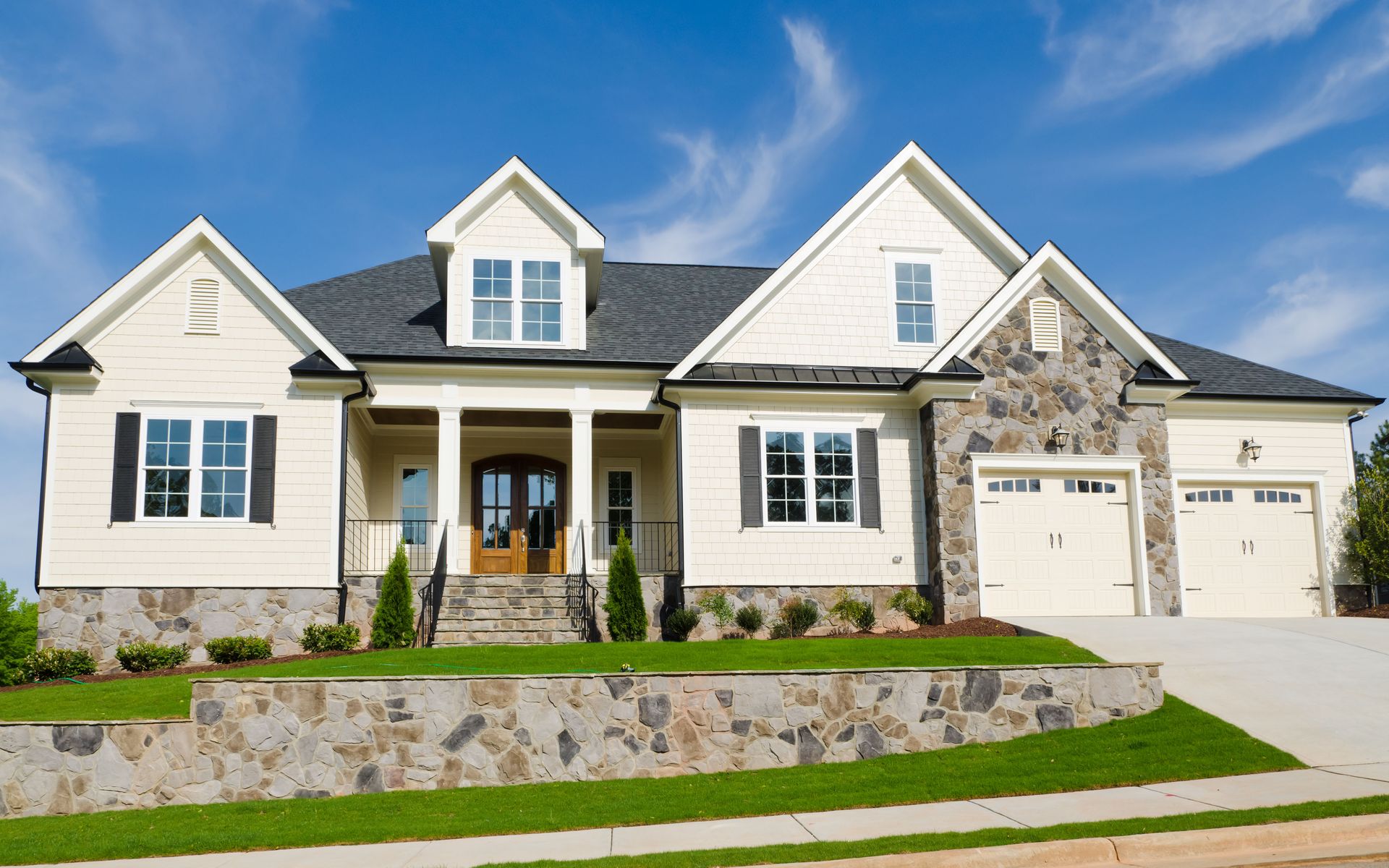
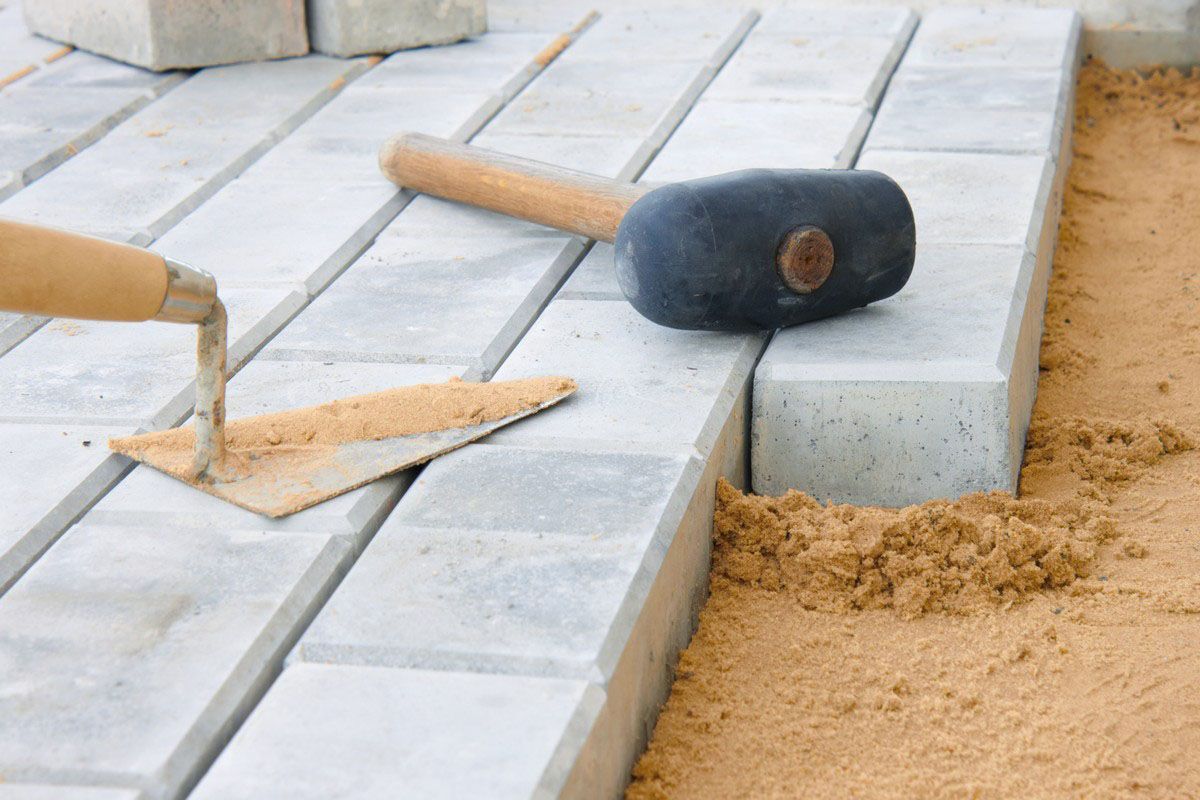
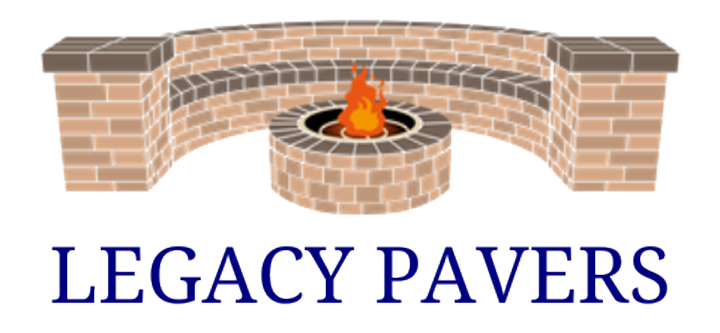
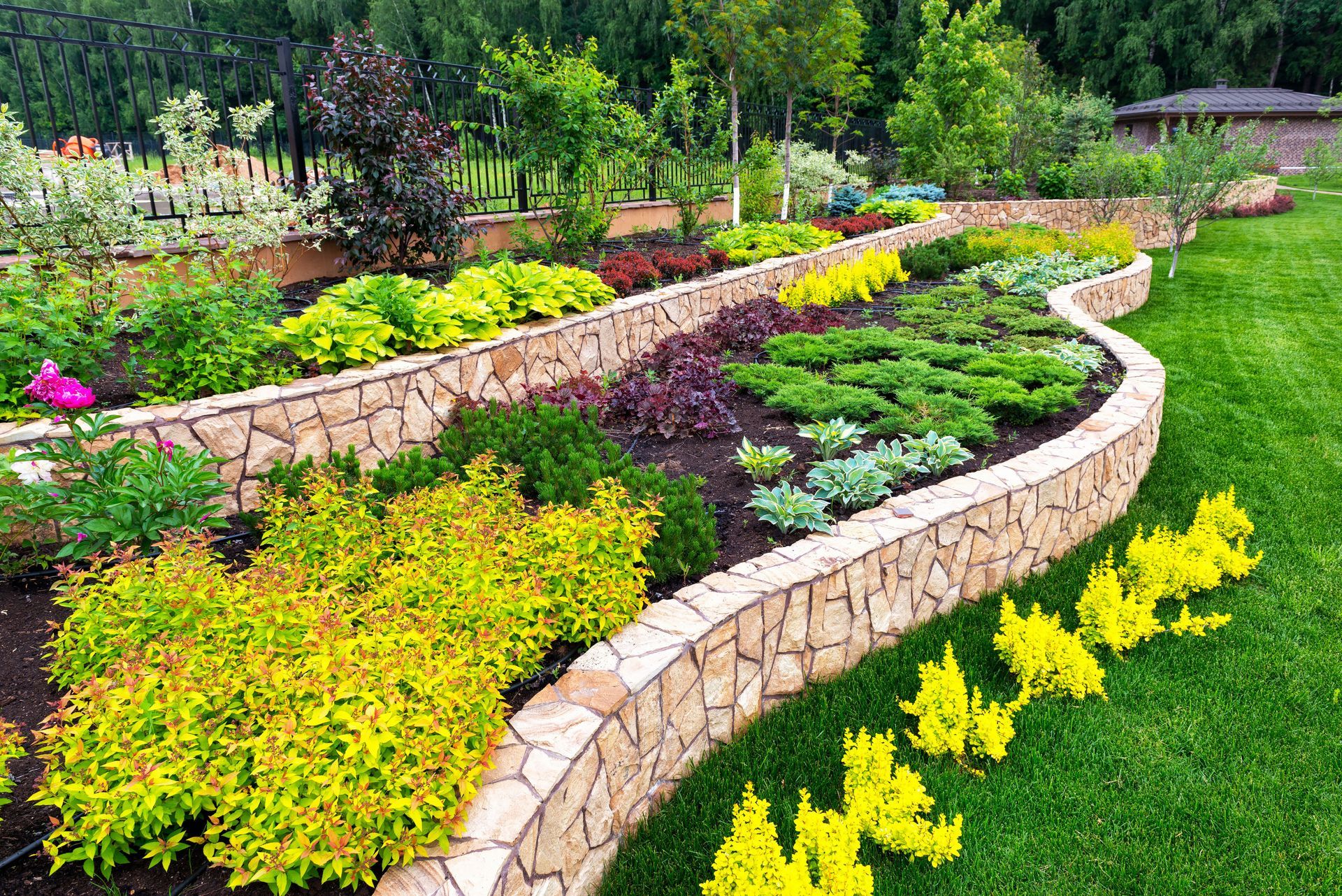
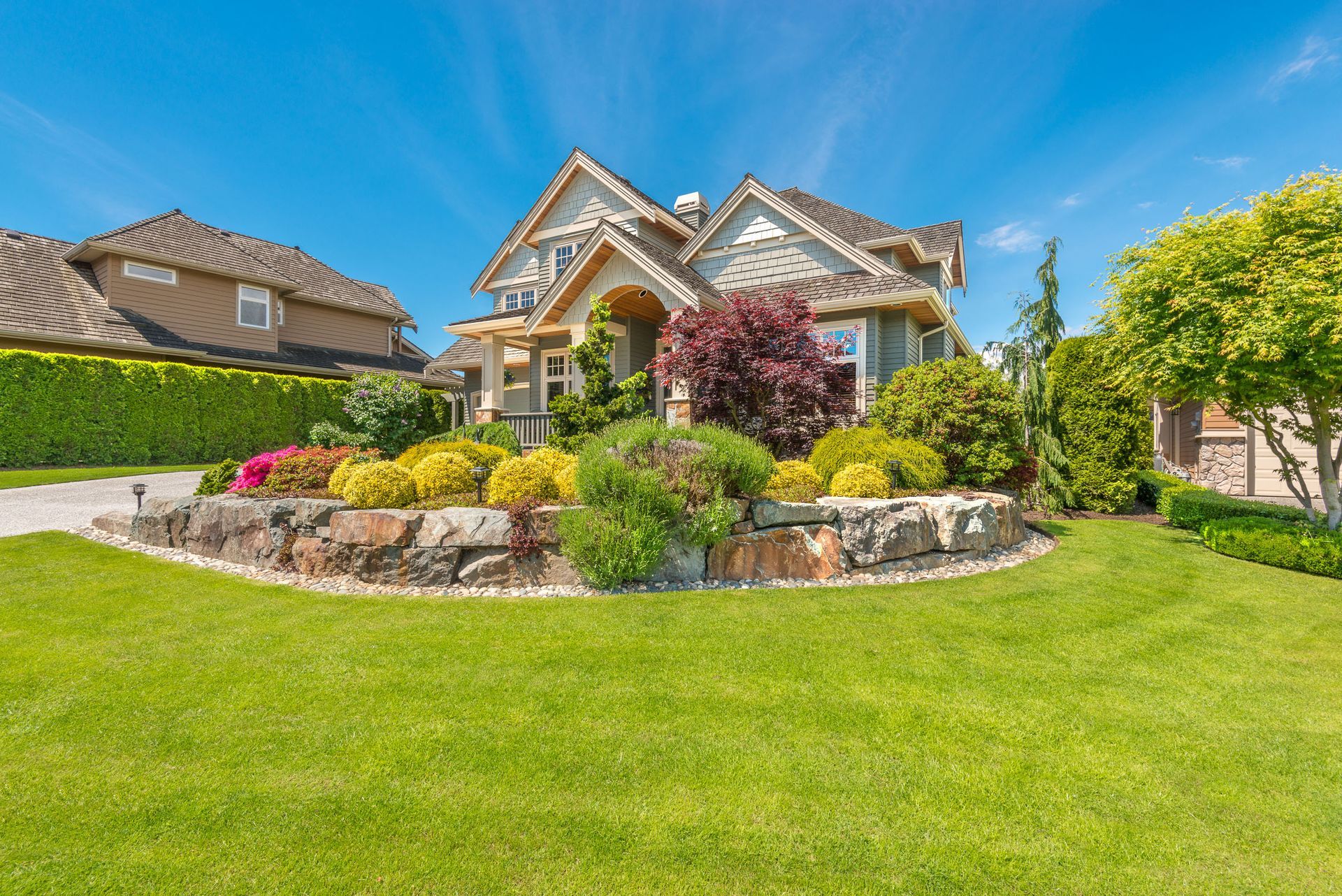
Share On: